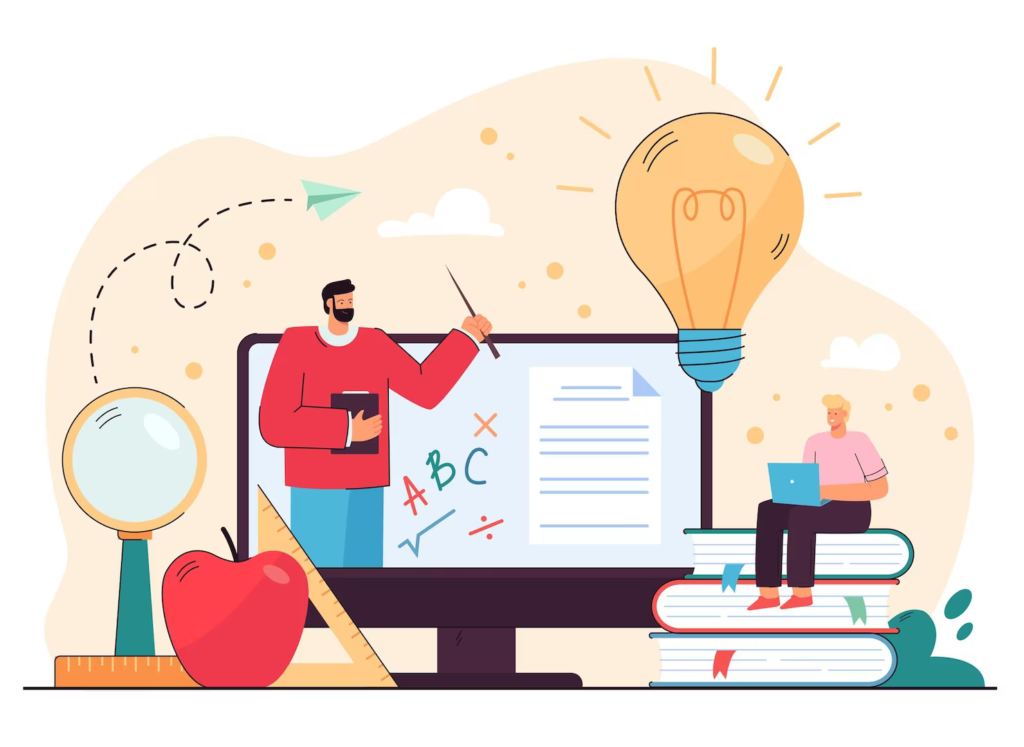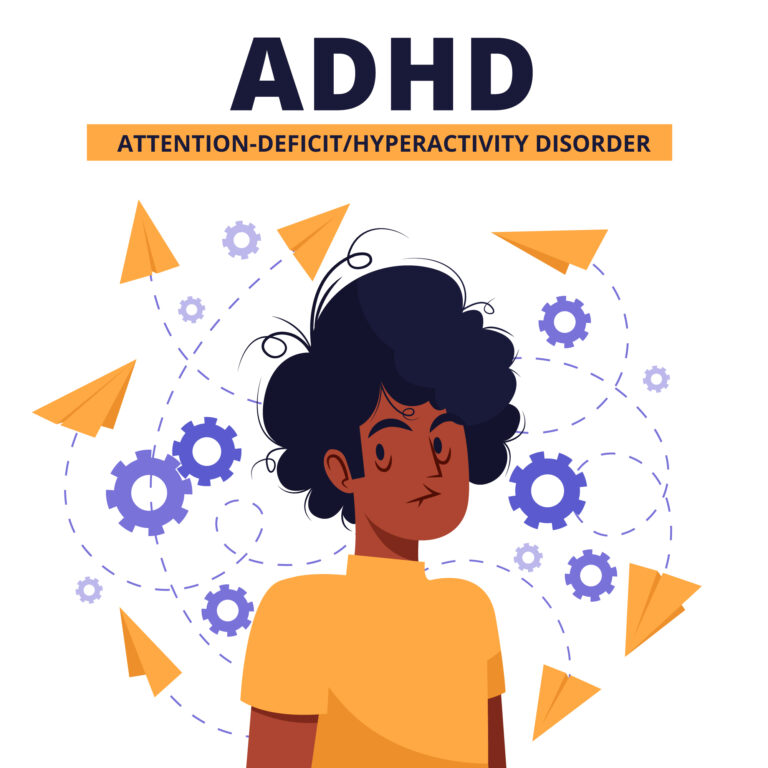Exploring the Benefits of Educational Psychology and Counselling to Unlock the Potential of Students

I have always been fascinated by the intricate connections between a student’s social emotional well-being and their academic success. In today’s world, unlocking the full potential of students has become more important than ever before.
That’s why I am excited to explore the benefits of educational psychology and counseling in this article, to shed light on how these resources can help students overcome challenges and reach their full potential in both their personal and academic lives.
Join me on this journey as we delve into the various ways in which educational psychology and counseling can make a positive impact on the lives of students.
Introduction
Unlocking the potential of students requires a deeper understanding of the significance of educational psychology and counseling. Through this article, we will shed light on the essential role educational psychologists play in the success of students.
Educational psychologists utilize scientific methods to explore how students gain knowledge and how educational practices affect their outcomes. The research conducted by these experts assists in the formation of strategies and interventions that can optimize student learning and well-being.
It is important to note that educational psychology covers much more than just academic achievement. Educational psychologists also focus on the social, emotional, and behavioral aspects of student growth.
Through this research, they strive to understand how these elements influence educational performance and how to tackle them to achieve peak student success.
Additionally, educational psychologists work towards a more comprehensive and comprehensive approach to education that acknowledges the diverse needs of students.
This goal poses a challenge for educational systems around the globe, and the expertise of educational psychologists is necessary to identify and solve these issues.
The Role of Educational Psychology in Learning
One of the fundamental duties of educational psychology is to investigate how scholars progress and mature, and to pinpoint the most successful teaching techniques.
Educational psychology evaluates a broad scope of factors that can affect student mastery, including inspiration, concentration, recollection, and problem-solving capabilities. By understanding these elements, educational psychologists can help educators to devise strategies that will enable students to learn more effectively.
For instance, educational psychology has shown that students who form a thorough comprehension of a subject are more likely to retain that knowledge compared to those who merely memorize facts.
In this way, educational psychology can help teachers to motivate students to take a more proactive and engaged approach to learning, rather than simply committing information to memory.
Another essential function of educational psychology is to recognize and assist students who may be experiencing difficulty with learning. Educational psychologists can cooperate with teachers and parents to identify students who may have learning disabilities or other special requirements, and to create tactics to help these students succeed.
This could involve formulating personalized learning plans, providing additional support or resources, or working with external professionals to deliver specialized services.
By assisting to recognize and tackle these obstacles, educational psychology can help to unlock the potential of all students, regardless of their learning needs or capabilities.
Related: Psychotherapy is a general term for treating mental health problems by talking with a mental health professional. If you’re interested to learn more about Psychotherapy, click on the button down below.

The Benefits of Educational Psychology and Counseling for Students
One of the most remarkable advantages is the capacity to provide tailored assistance to students based on their distinctive needs and educational styles.
By understanding the individual struggles each student faces, counselors can supply novel data and methods to aid them in overcoming obstacles and achieving their full potential.
This kind of individualized attention can be especially beneficial for pupils with particular educational needs or disabilities, who may require extra guidance to be successful in the classroom.
Moreover, another key advantage of educational psychology and counseling is the ability to advance emotional well-being in students.
By handling issues such as dread, strain, and depression, counselors can aid students in forming coping techniques and cultivating resilience. This can have a positive effect on both educational performance and all-around quality of life.
Additionally, when students feel emotionally backed, they are more likely to take part in learning and be determined to succeed.
Finally, educational psychology and counseling can help students in cultivating essential social and interpersonal abilities.
By working with counselors, students can learn successful communication approaches, methods of resolving conflicts, and how to create healthy relationships with their peers.
These skills are not only significant for success in the classroom, but also for success in future professions and personal relationships.
All in all, the advantages of educational psychology and counseling for students are vast and varied, and can have a powerful effect on their academic and personal lives.

Current Challenges in Educational Psychology
In the present era, the COVID-19 pandemic has presented a unique challenge to educational psychologists, as the sudden shift to online learning has created a disparity between online and traditional learning styles.
In order to create effective education, educational psychologists must find creative solutions to bridge this gap.
In addition, the challenge of implementing inclusive education and ensuring that all schools have the necessary resources to accommodate the needs of diverse students is another obstacle educational psychologists must tackle.
To make this a reality, educational psychologists need to collaborate with educators and policy-makers in order to identify the areas that require further research and implementation.
Furthermore, educational psychologists are tasked with the challenge of recognizing the various difficulties within the sub-disciplines of psychology and finding ways to address them. This requires a collective effort from all involved to ensure that students are provided with quality education.
Finally, educational psychologists must find ways to meet the various learning needs of students. One way to do this is to utilize Load Reduction Instruction, which reduces cognitive strain by providing information in an easier to understand format.
It is the duty of educational psychologists to explore innovative approaches to implement this method in different learning contexts, so that all students can benefit.
Positive Psychology Applied to Education
One of the most notable advantages of applying this approach to education is the ability to create strong, supportive bonds between students and teachers.
Positive and inclusive environments give a sense of belonging and connection which can immensely improve academic performance and mental health.

Additionally, it can be used to cultivate important life skills such as emotional regulation, empathy, and resilience that can be applied to future endeavours.
Self-reflection and awareness are also important elements of positive psychology, encouraging students to recognize their own weaknesses and strengths, and identify areas of improvement and growth.
This can cultivate a growth mindset and passion for learning, reducing stress and anxiety levels, and promoting greater life satisfaction.
Finally, a positive school culture that celebrates diversity and values each student’s unique talents and capabilities can be created through the use of this psychology.
Kindness, respect, and compassion can be fostered to reduce negative behaviors like bullying and create a sense of community and belonging. So make sure to explore the many benefits of positive psychology and how it can positively impact students.
Analysis of Social Impact of Educational Psychology
When exploring the social consequences of educational psychology, it is essential to consider the ways in which this field has impacted educational systems around the world.
By conducting research, educational psychologists have identified the difficulties that students face in various educational contexts and developed successful tactics to address them.
Utilizing technology to improve education has become a vital tool for educational psychologists to improve student performance.
The societal effects of educational psychology can also be seen in the way it has shaped global education policies and practices.
An inclusive approach to education, which seeks to provide quality education to all children regardless of their backgrounds or abilities, has been greatly influenced by educational psychology.
By understanding the various needs of students, educational psychologists have been able to devise teaching methods that accommodate individual differences and cultivate a beneficial learning atmosphere.
Finally, the assessment of the social impact of educational psychology can illuminate the challenges that this field continues to confront. Educational psychology is a continuously progressing field and there is always an obligation to confront arising issues.
For instance, the COVID-19 pandemic has posed unprecedented issues to educational psychologists, as it has challenged traditional learning settings and demanded educators to adopt virtual learning techniques.
Educational psychologists are now exploring approaches to employ technology to enhance online instruction and guarantee that students receive a quality education.

Conclusion of the benefits of Educational Psychology and Counselling
I strongly believe that the potential of students can be unlocked through effective counselling and the application of psychological principles in teaching methods. While there are challenges to be faced, such as the impact of the pandemic on the education system, the benefits of educational psychology cannot be overstated. By recognizing and responding to the diverse needs of students, we can work towards a more inclusive approach to education. Let us continue to explore the social impact of educational psychology and counseling, and strive for the betterment of students worldwide.






